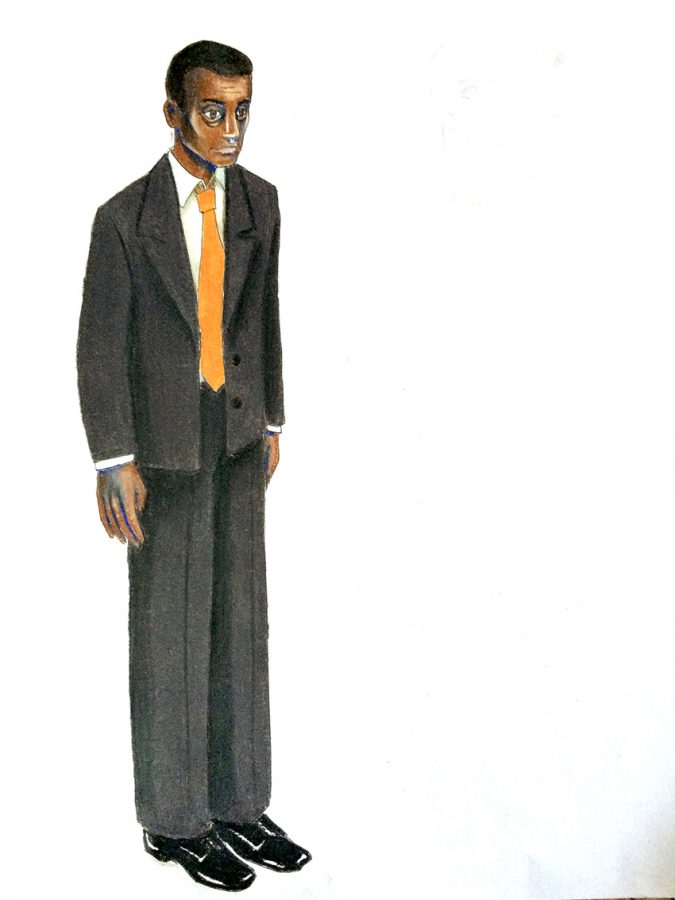The most important thing to any self-respecting admission committee or employer is a firm, two-pump handshake. Any candidate who can successfully inflict permanent joint damage upon their interviewer has the strength to open any and all doors in the professional world, but for those candidates with subpar handshakes, an interview may
be necessary.
The interview is a chance for employers or admission councils to get to know who they are talking to. A series of questions that highlight potential in the horde of applications is often the first and only chance a candidate has of being more than just another résumé. The problem is that interviewers often rely on stock questions that limit the depth of the interview. After all, how many ways can you respond to “What makes you want to work with us?”
Biology junior Stephanie Le, the head of the Lion Club’s Administrative Committee, is responsible for interviewing prospective members for her committee. Le said she typically asks questions like “how they resolve conflicts within a group, why they want to join my committee specifically and how they intend to improve it, and whether or not they have experience relating to the position they are
applying for.”
These sorts of stock questions seem like the quickest path to synergy, ergonomics and a plethora of other buzzwords. Le finds that interviewees “usually have ‘stock answers’ as to why they volunteer.” What this means is that groups of different interviewees, from diverse and complicated backgrounds, often end up sounding overly similar. In the face of stock questions, what can one do but conform?
For future interviewers to better get a grasp of their interviewees, they can start by adding some personality to their questions.
Mackenzie Moore, University Business Council communication director and business honors and supply chain junior, explained in an email how the UBC tries to seek out the personality of their interviewees through
their questions.
“All of the application questions are engineered to get a sense of your personality,” Moore said. “For example, one application question from previous years was: ‘If you could hide anywhere in the world, where would it be and why?’ For us, the best interviewees are completely and
unapologetically themselves.”
Offering students the chance to express themselves as individuals gives an interviewer an opportunity to understand how each student thinks, how they perform in various settings and what kind of backgrounds they bring to the proverbial table.
Moving away from stock questions and toward more creative interviews may be easier in a city with the mantra “Keep Austin Weird,” but making this transition should still be child’s play for the rest of the country. This personality-mining technique is already being implemented in interview panels with industry leaders like Google and MIT.
As corporations and campuses drift more towards individuality and creativity, the importance of a good interview will only grow. With luck, admissions counselors will be stocking Cards Against Humanity by 2020. Until then, applicants today are best off practicing their handshakes; a good handshake will never fail.
Duran is an international relations and global studies freshman from Spring. Follow him on Twitter @bboydeadfish.





















